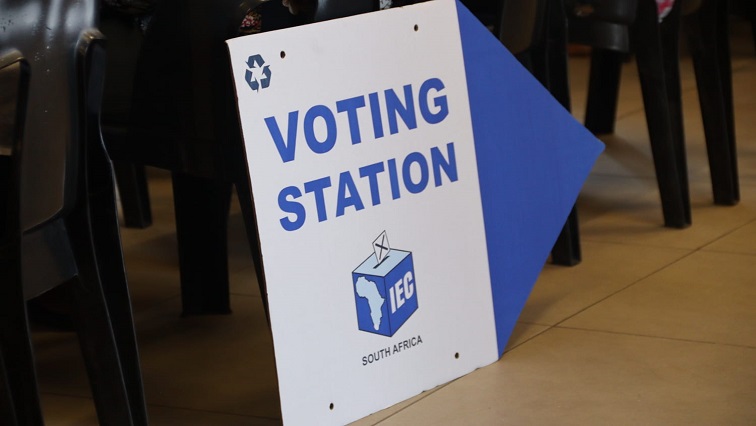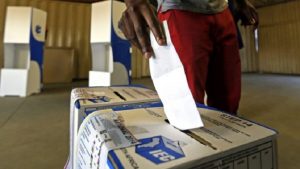The signature requirements to contest the 2024 elections remain a bone of contention. Whilst the Constitutional Court last year ruled that independents need 1000 signatures to contest in elections, unrepresented political parties still need 15% of the regional seat quotas in the preceding election if intending to contest in that region.
But the matter may change as it is before the apex court. Think tank, Rivonia Circle and Build One South Africa are challenging the equalization of signature requirements for new political parties or those that are not in the provincial legislatures and the National Assembly.
Although independent candidates can breathe a sigh of relief over the signature requirements they need to contest this year’s polls, newly formed political parties and those who are not in the National Assembly or provincial legislatures are still in limbo.
The highest court in the land still has to decide whether such a political party will need a minimum of approximately 11 000 signatures in a sparsely populated province such as the Northern Cape and around 15 000 in densely populated province like Gauteng.
“The court did not change the signature requirement as it relates to unrepresented parties. So, new parties that are contesting for the first time, they still need to get 15 percent, however, it is fair to mention that Rivonia Circle has taken the matter back to court in December to say let there be parity between independent candidates and unrepresented parties. We don’t know when that case will be heard, directions are yet to be issued by the ConCourt, so there’s another pending matter related to signatures for unrepresented political parties. Our view is that we need to give parties the head start even as the matter is before the courts, I think we are if the view that the signature portal must be open so that parties can start capturing,” says IEC Chief Electoral Officer Sy Mamabolo.
The litigation is a matter of concern for the electoral commission.
“It’s a concern and I think in the application we hand filed, in our initial indication, that you increasing complexity by lowering the requirements, you increasing the number of contestants and it has implications, for electoral administration as much as it has implications for an ordinary voter. Because, now the voter must contend with a significant number of parties on the ballot that increase the time a voter finds in a voting station, it increases the time period you need to print a ballot paper but fundamentally it is no longer a simple one column paper, it may be a two ballot paper or even in exceptional circumstances you will have a three multiple page ballot paper,” Mamabolo added.
Those bringing the matter before court explain their reason.
“Our litigation before the Constitutional Court is to once more achieve that equalization because we still believe and as the ConCourt found especially for independent candidates that this signature requirement actually constitutes a stifling of voting rights in South Africa,” says the Rivonia Circle’s Lukhona Mnguni.
While the matter is thrashed out in the courts, the IEC says it will continue to leave open its platform where unrepresented political parties can submit their signatures.
This is to ensure that no party is prejudiced should the court decline to amend the signature requirement.






